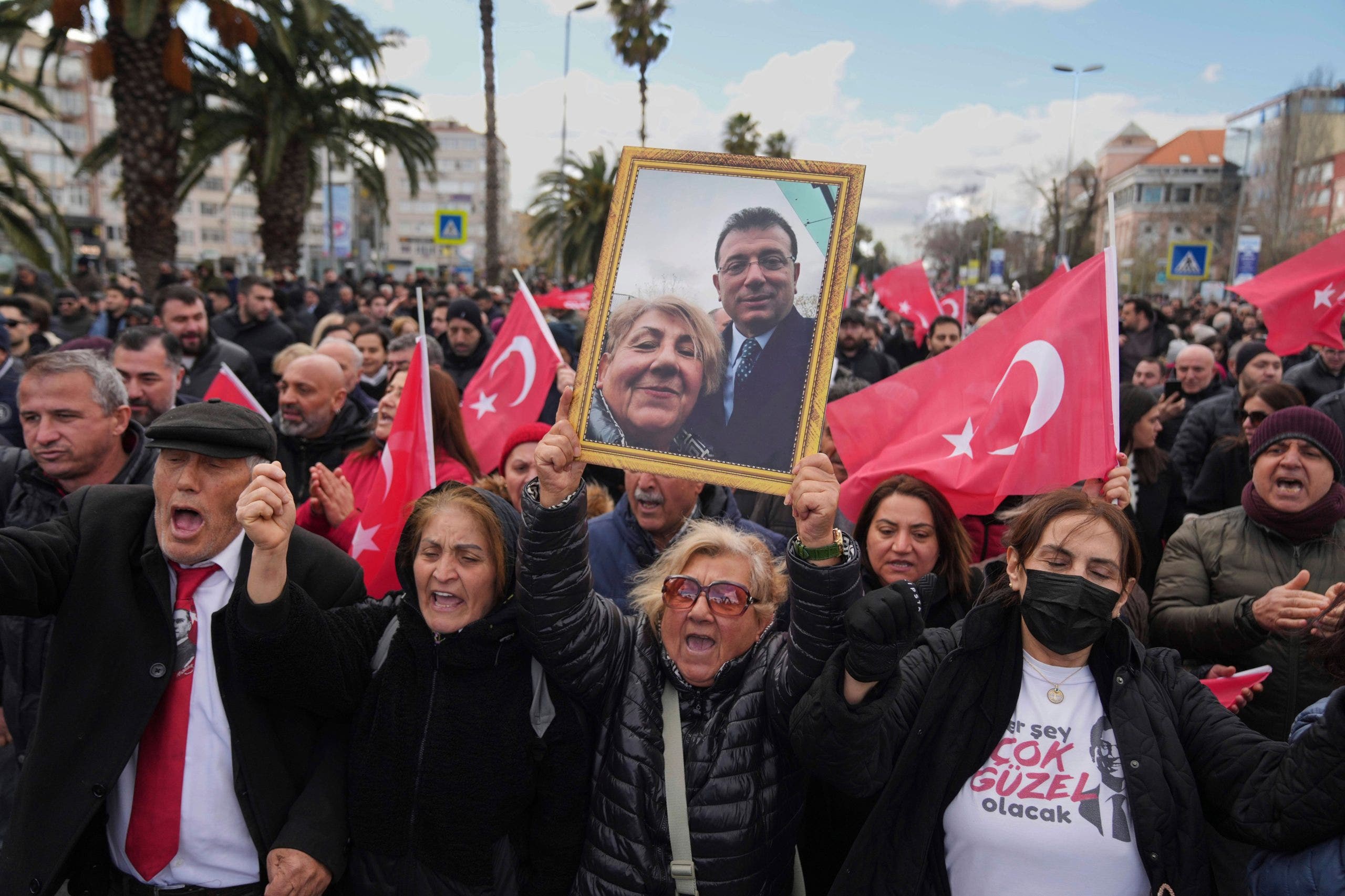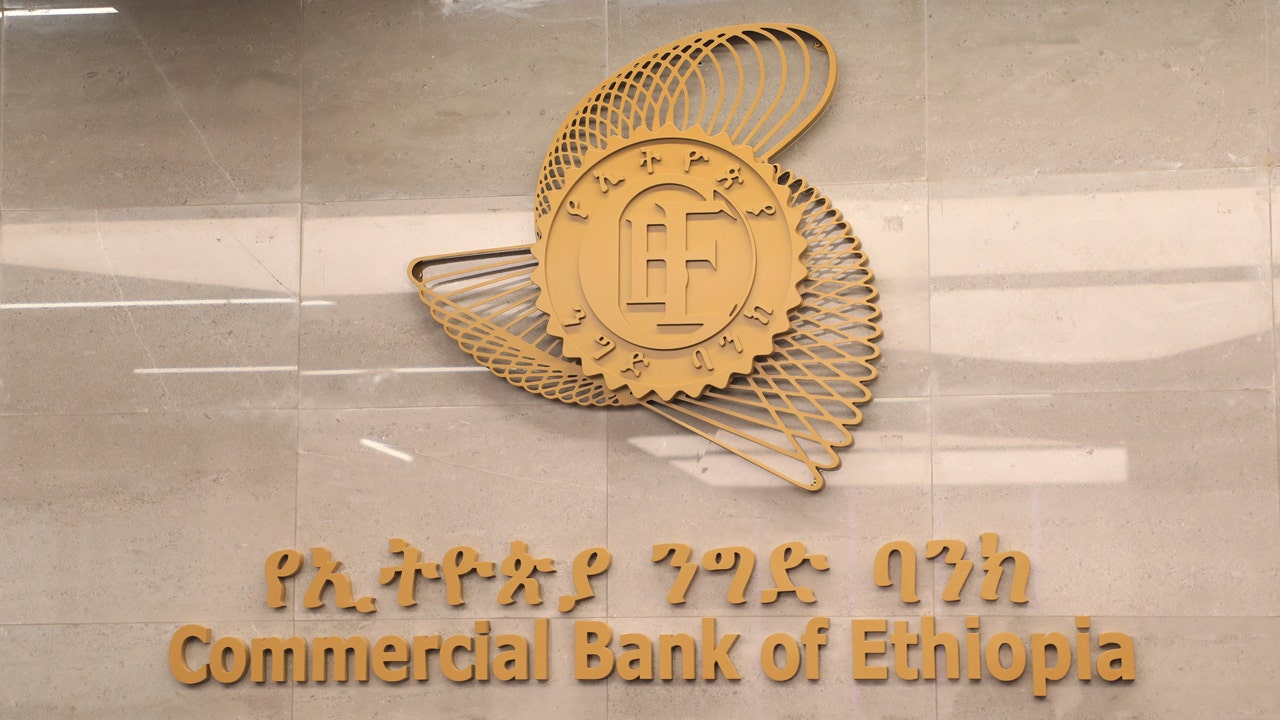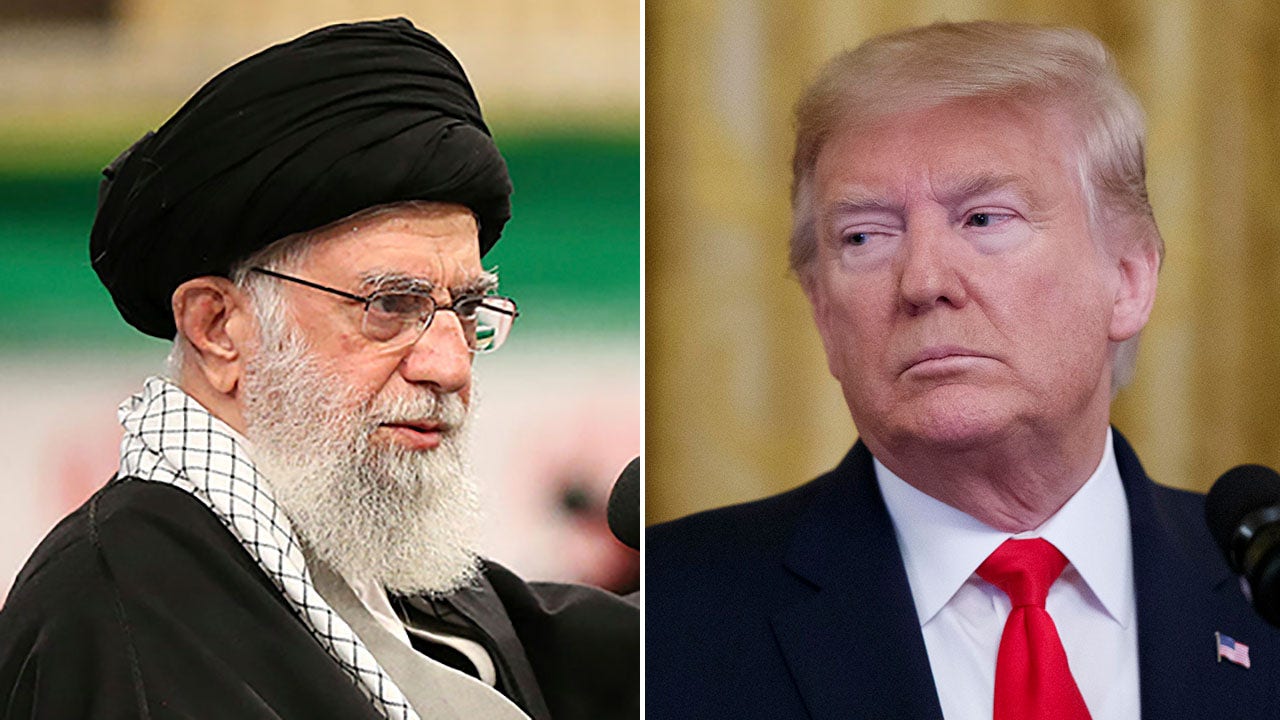At the request of President Biden, Israel’s prime minister, Benjamin Netanyahu, agreed on Monday to send a team of officials to Washington to discuss alternatives to a promised Israeli invasion of Rafah, the city that has become the last refuge for roughly half of Gaza’s population, according to Mr. Biden’s national security adviser, Jake Sullivan.
In a phone call on Monday, Mr. Biden told the Israeli leader that sending ground forces into Rafah, as Mr. Netanyahu has vowed repeatedly to do, could be disastrous when there are other options for defeating Hamas, Mr. Sullivan said.
“A major ground operation there would be a mistake,” Mr. Sullivan told reporters at the White House. “It would lead to more innocent civilian deaths, worsen the already dire humanitarian crisis, deepen the anarchy in Gaza and further isolate Israel internationally.”
Mr. Sullivan said Mr. Biden had asked Mr. Netanyahu to send a team of military, intelligence and humanitarian officials to Washington to hear U.S. concerns about Israel’s plans for Rafah, and to “lay out an alternative approach that would target key Hamas elements in Rafah and secure the Egypt-Gaza border without a major ground invasion.”
“The prime minister agreed that he would send a team,” he added. “Obviously he has his own point of view on a Rafah operation, but he agreed that he would send a team to Washington to have this discussion.”
During the call, Mr. Biden, who has been increasingly critical of Israel’s conduct of the war and the toll it has taken on civilians, expressed alarm that Israeli forces could repeat the pattern of destruction that has played out during major offensives in Gaza City and Khan Younis.
“More than a million people have taken refuge in Rafah,” Mr. Sullivan told reporters. “They went from Gaza City to Khan Younis and then to Rafah. They have nowhere else to go. Gaza’s other major cities have largely been destroyed.”
Mr. Sullivan said Israel has also not presented any plan for safely moving civilians out of harm’s way, or provide them with food, shelter and basic services like sanitation — a key request of the Biden administration for weeks.
In a statement posted on social media, Mr. Netanyahu said he and Mr. Biden had spoken about recent developments in the war. He said they also discussed Israel’s commitment to achieving all of its goals for the war: “Eliminating Hamas, freeing all of our hostages and ensuring that Gaza never gain constitutes a threat to Israel — while providing the necessary humanitarian aid that will assist in achieving these goals.”
Mr. Biden has publicly been resolute in what Mr. Sullivan described on Monday as a “bone-deep commitment to ensuring the long-term security of Israel.” But the president has engaged in an escalating critique of the Mr. Netanyahu as Palestinian casualties continue to mount from the military operation that Israel launched in response to the Oct. 7 attacks led by Hamas.
After Senator Chuck Schumer of New York, the majority leader, called for elections to replace Mr. Netanyahu, Mr. Biden praised his remarks as “a good speech” — without specifically endorsing any of Mr. Schumer’s criticisms of the prime minister.
And earlier this month, Mr. Biden could be heard in audio clips telling a member of Congress that he would have to have a “come to Jesus” meeting with Mr. Netanyahu about the bloodshed in Gaza.
Mr. Sullivan’ began his remarks on Monday by emphasizing the Israeli military’s success in routing Hamas and affirming the United States’ commitment to assisting with that effort. But his description of the chaos in Gaza was among the sharpest and most critical of the Israeli response to come from the White House over recent months.
“More innocent civilians have died in this conflict, in this military operation, than in all the wars in Gaza combined, including thousands of children,” he said. “A humanitarian crisis has descended across Gaza, and anarchy reigns in areas that Israel’s military has cleared but not stabilized.”






